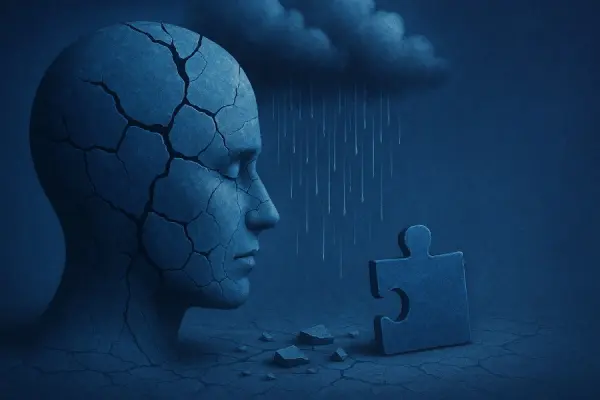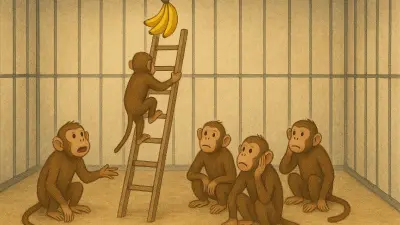Have we ever wondered why Islamic civilization, once a global leader, now seems to lag behind? Why the scientific and spiritual heritage that once transformed the world is now remembered only in history books? The decline of Islamic civilization is not just a cliché; it is a stark reality that shakes the community’s awareness. Perhaps we have been too busy reminiscing past glories, neglecting to rebuild them.
From the Center of the World to the Margins of Civilization
The 8th to 14th centuries marked the golden age of Islam. Baghdad was a hub of knowledge, Andalusia flourished with philosophy and arts, and Muslim scholars authored books read in Europe for centuries. The world honors Ibn Sina in medicine, Al-Khwarizmi in mathematics, and Al-Ghazali in philosophy and spirituality.
Yet today, global centers have shifted. Harvard, Oxford, Tokyo, and Seoul dominate. Meanwhile, many Muslim-majority countries rank low in education indices, freedom of thought, and prosperity. We have been sidelined in globalization and innovation. So, who is to blame?
Proud of the Past, Forgetful of the Future
One major mistake of today’s Muslim community is the tendency to over-glorify the past. We cite the achievements of Muslim scientists and cite the Ottoman Empire or Abbasid Caliphate’s triumphs, yet fail to produce new accomplishments worthy of global pride.
The past is not meant to be idolized but to serve as a foundation for building the future. If we display history on our walls without using it as fuel for a new civilization, we trade dignity for nostalgia.
Crisis of Knowledge and Intellectualism
The Prophet Muhammad (peace be upon him) taught his followers to seek knowledge from cradle to grave. But today, many Muslims are trapped in dogmatism without critical thinking. Scholarship is reduced to rote memorization. Discussions become shallow debates. Books are read to copy, not to understand and develop.
Many Islamic educational institutions have lost the spirit of ijtihad—the commitment to think, explore, and answer contemporary challenges with knowledge. We are overly occupied with labeling what is halal or haram in new matters, without seeking creative solutions that align with Sharia but remain progressive.
Divisive Politics Instead of Unity
Division within the community is another evident cause of decline. Sunni-Shia, modernists-traditionalists, harbor suspicion and accuse one another of heresy. Historically, Islamic greatness was built on unity and scholarly tolerance. Scholars of different schools debated respectfully and learned from each other.
Today, many prefer to undermine one another on social media rather than unite against ignorance and backwardness. We argue over a single hijab thread while letting impoverished children drop out of school and lack access to learning.
Spirituality Without Action
Five daily prayers, fasting, remembrance, and pilgrimage are all essential rituals. Yet, if spirituality does not foster social change, what is its purpose? We have lost the revolutionary spirit of Islam: defending the weak, upholding justice, uprooting corruption, and liberating humanity from all forms of oppression.
Islamic civilization once thrived because of morals and commitment to universal values. Today, worship is often individualistic, lacking the spirit of social transformation. We become ritually pious but socially inert.
So, Who Is to Blame?
It is not the West’s fault, nor the fault of Jews, Freemasons, or global conspiracies. We must look in the mirror ourselves. Civilization is not inherited; it is built. We will not revive by merely watching history videos or posting quotes from great scholars. We need real movements in education, economy, science, and grounded spirituality.
Hope Still Remains
Decline is not the end. Islam has risen from ruins many times in its history. But revival happens only when its people become conscious, move forward, and return to Islam’s essence: knowledge, action, and ethics. We still have time—but not much. The world keeps changing, and if we remain silent, we will truly be left behind.
Let us stop just boasting about the past. It is time to become a generation remembered in the future’s history.
Conclusion
Great change always starts with individual awareness—from teachers who rekindle critical thinking, from parents who nurture children with morals and love for knowledge, from youth who stop complaining and begin acting. Each of us is part of civilization. So, if we want Islam to rise, we must awaken and build it ourselves.













Responses